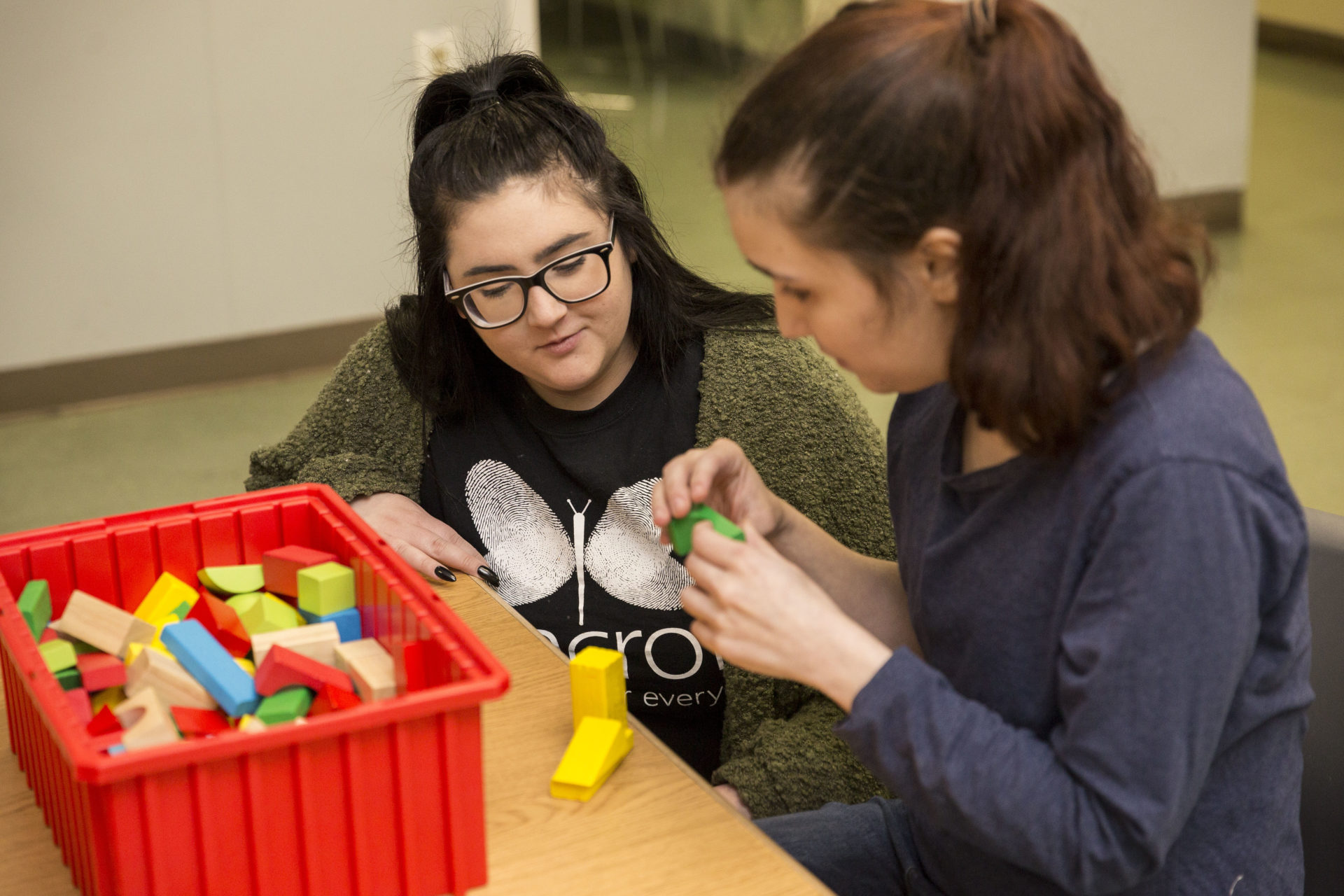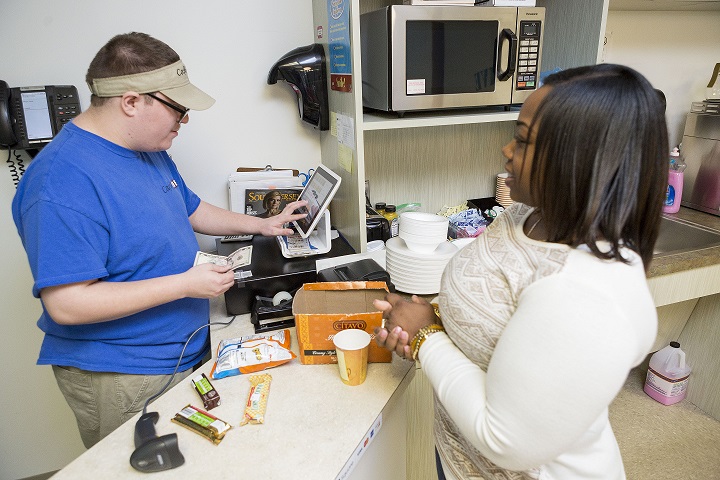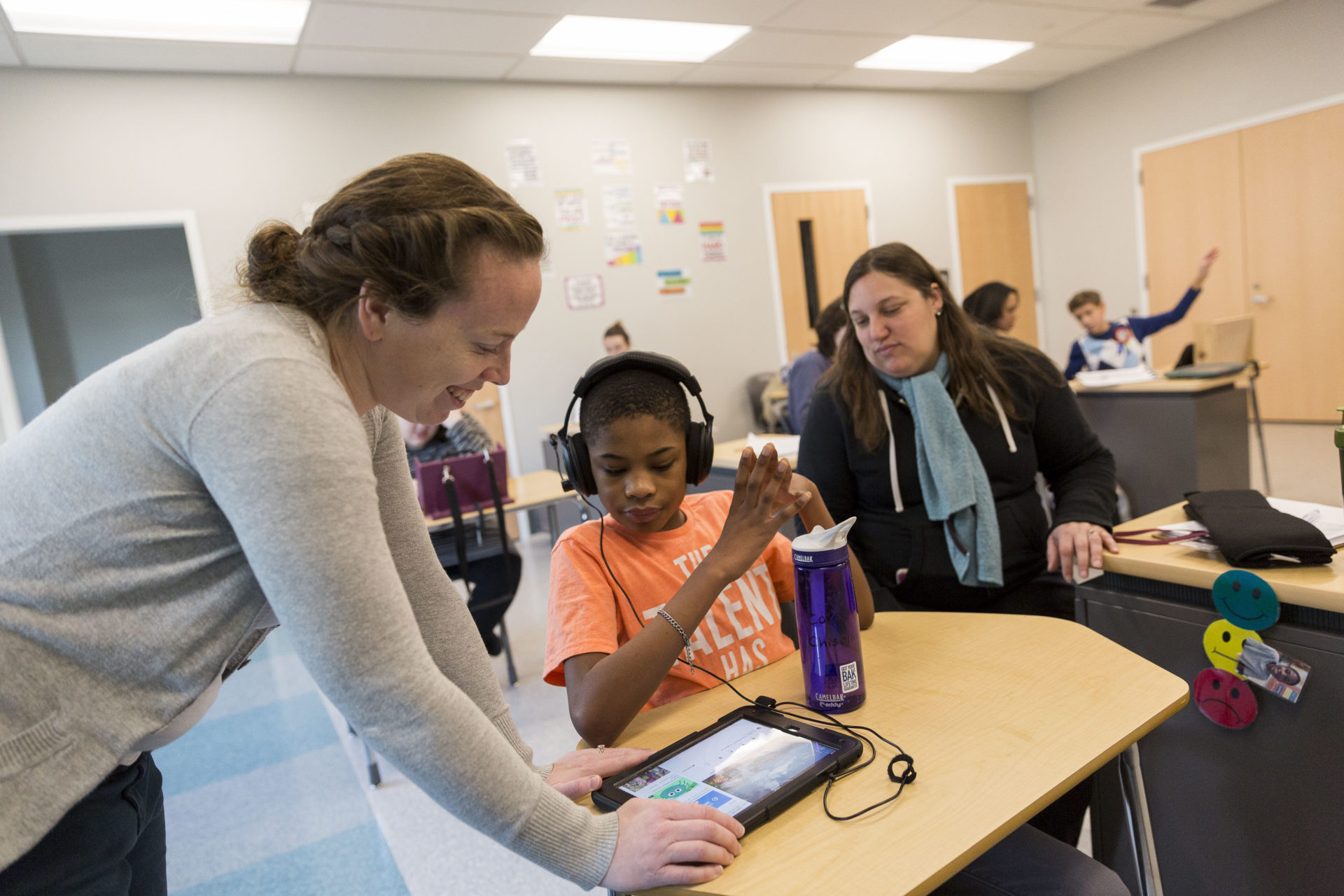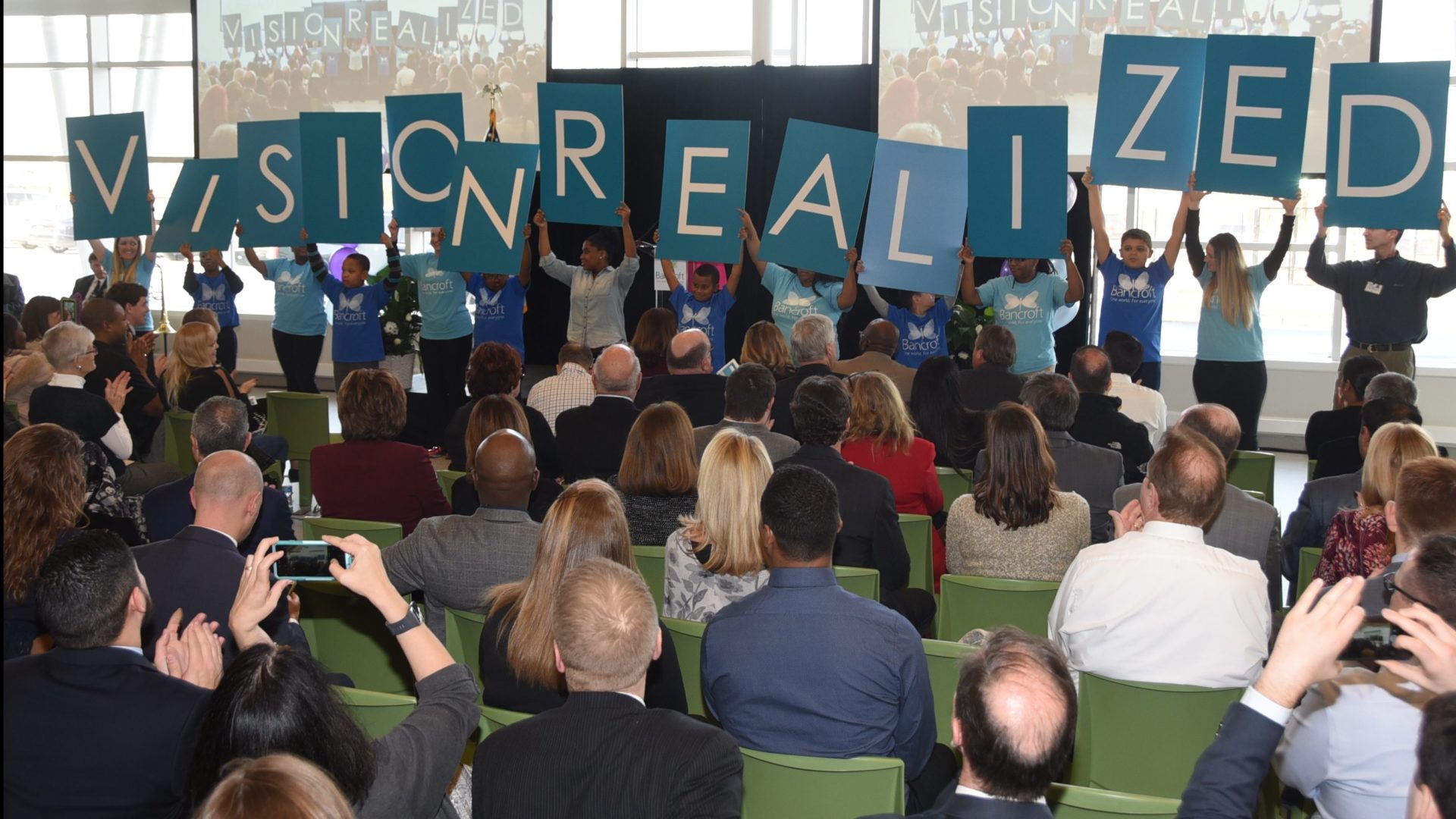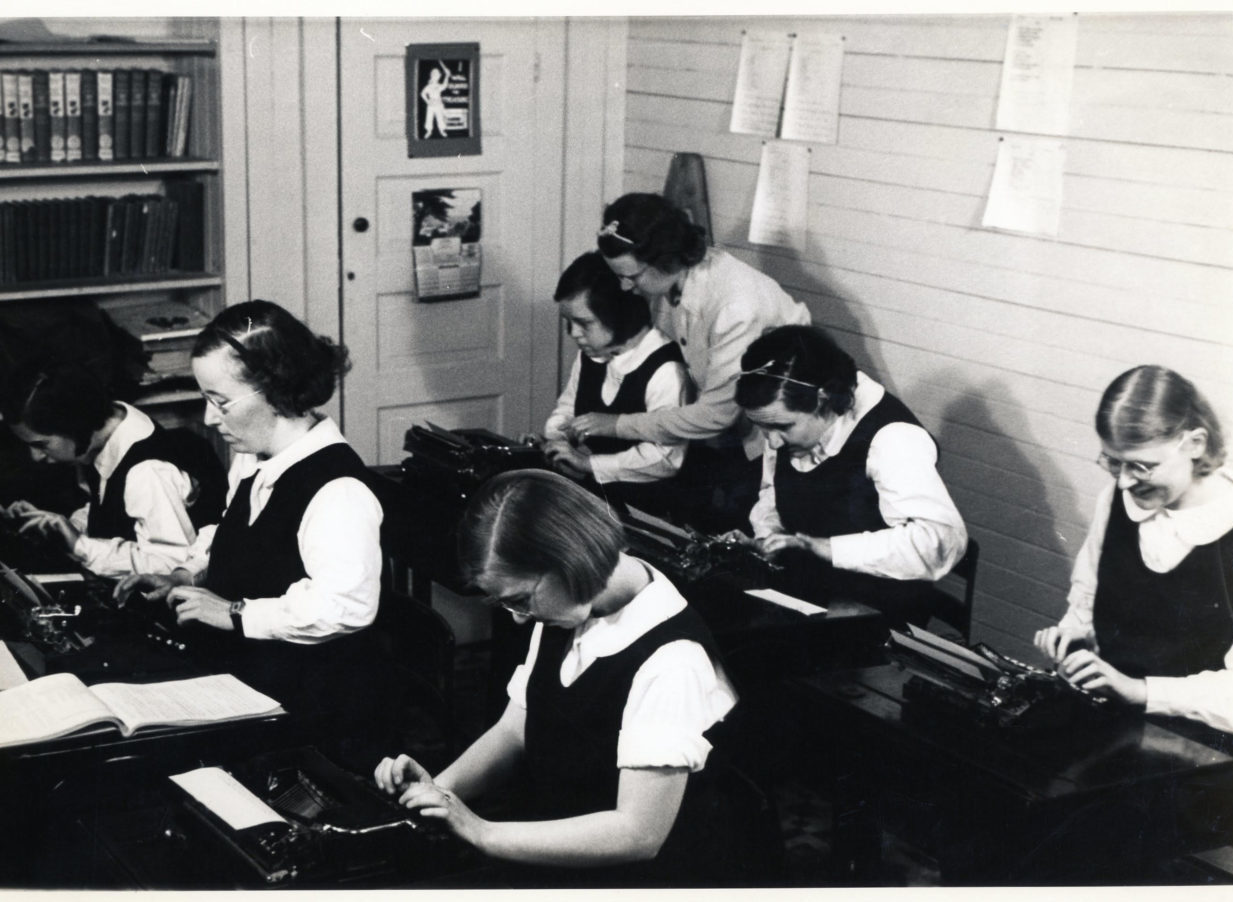Every child hits milestones differently – and some may even bypass certain stages of development. But when does a missed milestone or a routine speech or social delay become a real concern for parents?
In our 24/7 world of social media and instant access to information (and misinformation) online, it’s no wonder parents of little ones are consumed with worry. Constant comparison to friends’ seemingly perfect children can trigger concern if your son or daughter doesn’t “measure up” or meet milestones at the same rate. The Centers for Disease Control and Prevention’s Milestone Checklist (download it here) is a helpful baseline, but not every child will hit each stage according to its projections.
In reality, neurologic development in children is varied and individualized. Perfectly healthy kids hit milestones differently, and some may even bypass certain stages. While it’s normal to overthink a young child’s behaviors and responses, most times, parents have no reason to panic.
However, as a Pediatric Neurologist with Marcroft, the affiliated medical practice of Bancroft, I know the profound difference early intervention can make for those children who do experience concerning delays. The following areas of development highlight a few instances when families should speak to their physicians, and when and how to seek the right expert.
Social and Emotional Development
By your baby’s first birthday, he may be developing his own personality, and showing affection to, and preference for, his parents or primary caregivers. He may cry when Mom or Dad leaves the room, or act shy around strangers. If you notice your little one isn’t showing these signs, alert your pediatrician at his one-year well check.
Cognitive Development
By twelve months, your baby is just beginning to showcase her cognitive abilities and love of learning. By this age, she should be able to understand very simple directions such as, “sit down” and “come here.” She may be beginning to copy gestures and use items correctly such as brushing her hair or pretending to speak on the telephone. If you suspect she may be behind, don’t panic, but bring up your concerns with your pediatrician.
Communication Development
By age one, your little one’s communication skills are just developing. He should be able to use appropriate gestures such as waving bye-bye and shaking his head “no.” Additionally, he should be clearly and correctly using “mama,” “dada,” and a few other simple, common words. While speech delays shouldn’t be a cause for concern, and often wane in time, a communication deficit can signal a larger developmental issue. Be proactive addressing communication concerns with your pediatrician, and remember that early action is your best recourse.
Red Flags
Of course, not every child with a minor delay will catch up. Some missed milestones can be red flags that point to larger complications. If you detect any of the following in your little one, alert your physician and seek appropriate developmental specialists such as a pediatric neurologist and behavior expert.
By Six Months:
No big smile or other warm, joyful expressions
By Nine Months:
No back-and-forth sharing of sounds, smiles or other facial expressions
By Twelve Months:
No babbling or back-and-forth gestures, such as pointing, showing, reaching or waving
By 16 Months:
No words at all
By Two Years:
No two-word meaningful phrases (without imitating or repeating)
Seek a specialist if you notice any loss of speech, babbling or social skills at any age.
Fortunately, the majority of children who experience a routine missed milestone will catch up to their peers later. And now more than ever, children who face neurologic delays or developmental disabilities that require intervention can access robust services and supports to enable them to reach their full potential.
No matter what, having the right information at hand – knowing the experts in your area, arming yourself with the right questions to ask and acting early when you have a concern – can make all the difference for your child and your family.
If you’re seeking an assessment or diagnosis, learn more about Bancroft’s Diagnostic services.




